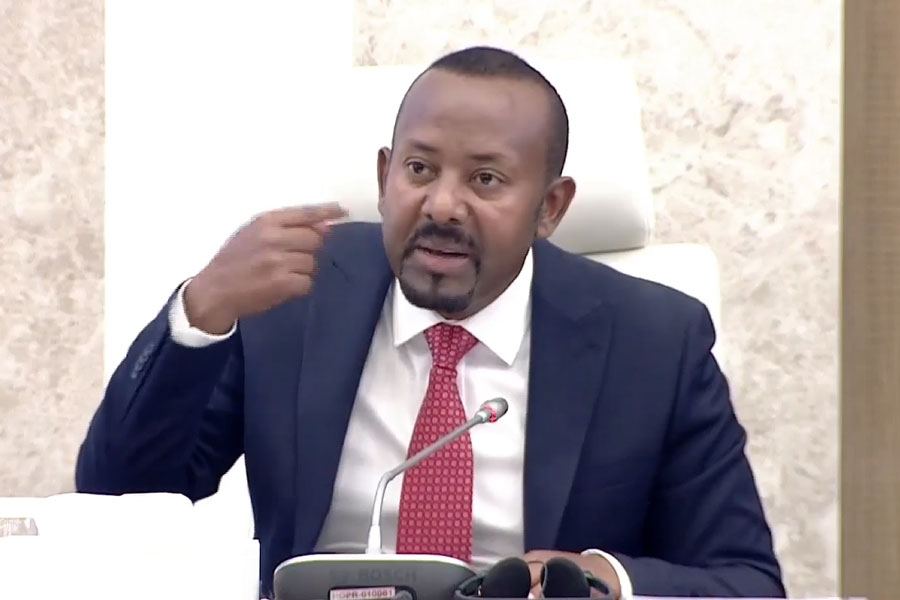
Who knew a YouTube video titled "Introducing the Ethiopian Capital Market" would spark a newfound fascination with podcasts?
Intrigued by the guest, Brook Taye (PhD), the Director General himself, I clicked play. What unfolded was not the usual TV studio interview, but a refreshingly laid-back conversation that intrigued my perception of podcasts altogether.
The format stood out from the predictable mainstream media and offered serious content compared to most YouTube shows. It felt more like a radio show that had a visual element and turned out to be a podcast called Meri.
It was my first time embarking on local content such as this. The simplicity mirrored the overall informality of the show. The conversation flowed naturally, punctuated with light humour and impromptu questions. Its two-and-a-half-hour runtime remained engaging, filled with discussions on the Ethiopian capital market. Brook’s insights, from his background to his expert analysis, were presented in a clear and informative way.
Unlike pre-recorded setups, podcasts offer an interactive experience. The refreshing approach was a welcome change from the usual social media fare of unverified information. I enjoyed the laid-back style while effectively delivering its message, making me watch the entire podcast.
These conversations with subject matter experts, stretching up to three hours, felt more like living room chats than formal productions. This was not an isolated experience. I realised similarities with podcasts I had watched from abroad.
One review I enjoyed tackled my favourite book, Dead Souls. The lighthearted banter between the hosts – one asking if someone with "dead souls" could be seen in their eyes, the other responding with a witty quip about his wife – who told him his soul was dead, perfectly set the tone for the deeper analysis to follow. Humour sprinkled throughout kept the audience engaged, making the learning experience both refreshing and insightful.
Podcasts originated as Apple's way to deliver audio content for iPods. They have evolved into downloadable or streamed audio files, encompassing not just audio but also video, ebooks, and even radio broadcasts. The term itself, a clever combination of "iPod" and "broadcast," has come to represent the long-form video podcasts we enjoy today.
Podcasts offer a unique space that avoids the pitfalls of both mainstream media and social media. They provide a platform for experts and freelance broadcasters, eliminating the need for expensive studio setups. All it takes are microphones, a good camera, a well-defined topic, knowledgeable hosts, and a dash of humour.
This revolutionary aspect allows for a more inclusive media experience. Podcasts empower individuals and groups previously excluded from mainstream narratives to share their voices. The lack of a fixed schedule allows creators to record at their convenience and upload for viewers to enjoy whenever they choose. Platforms like YouTube offer user-friendly apps and subscriptions for easy access and updates.
As with any media source, podcasts can be biased depending on the host's perspective or the show's agenda. Critical listening and awareness of potential biases are important. Unlike traditional media with curated programming, discovering new podcasts relies heavily on personal recommendations or browsing through vast directories. Finding hidden gems or specific niche topics can be challenging.
Inspired by this discovery, I am actively seeking out more podcasts, both local and international, that cater to my specific needs. From the science behind cold showers to the complex stock market, the podcast universe holds endless possibilities.
With over half a million podcasts available worldwide, the options are vast. Statistics show that listeners tend to be young, educated, and interested in content that caters to their specific interests. A recent study revealed that in the U.S., half of those aged 12 to 34 listened to a podcast in the past month, compared to only 22pc of those over 55.
My experience watching another podcast called "Wechew Good" mirrored these trends. The show's energetic young hosts grabbed my attention with a hip-hop intro. Their guest, Abi (Befekadu) Girma, a U.S.-educated professional, shared his story – from scholarships to artistic pursuits – in a relatable, colloquial style.
Another episode featuring a comedian named Nati Abraham offered a surprising turn. Instead of pure comedy, the three-hour show delved into his life – losing parents, battling addiction, and navigating career struggles. This glimpse into the life of someone who usually makes us laugh showcased the power of podcasts to explore deeper themes.
In a media space criticised for its limitations, podcasts offer a breath of fresh air. They provide diverse content, cater to specific interests, and allow for the exploration of ideas. The one-size-fits-all approach is fading, replaced by a platform where anyone with a good idea and a passion for sharing can participate.
PUBLISHED ON
Jun 08,2024 [ VOL
25 , NO
1258]

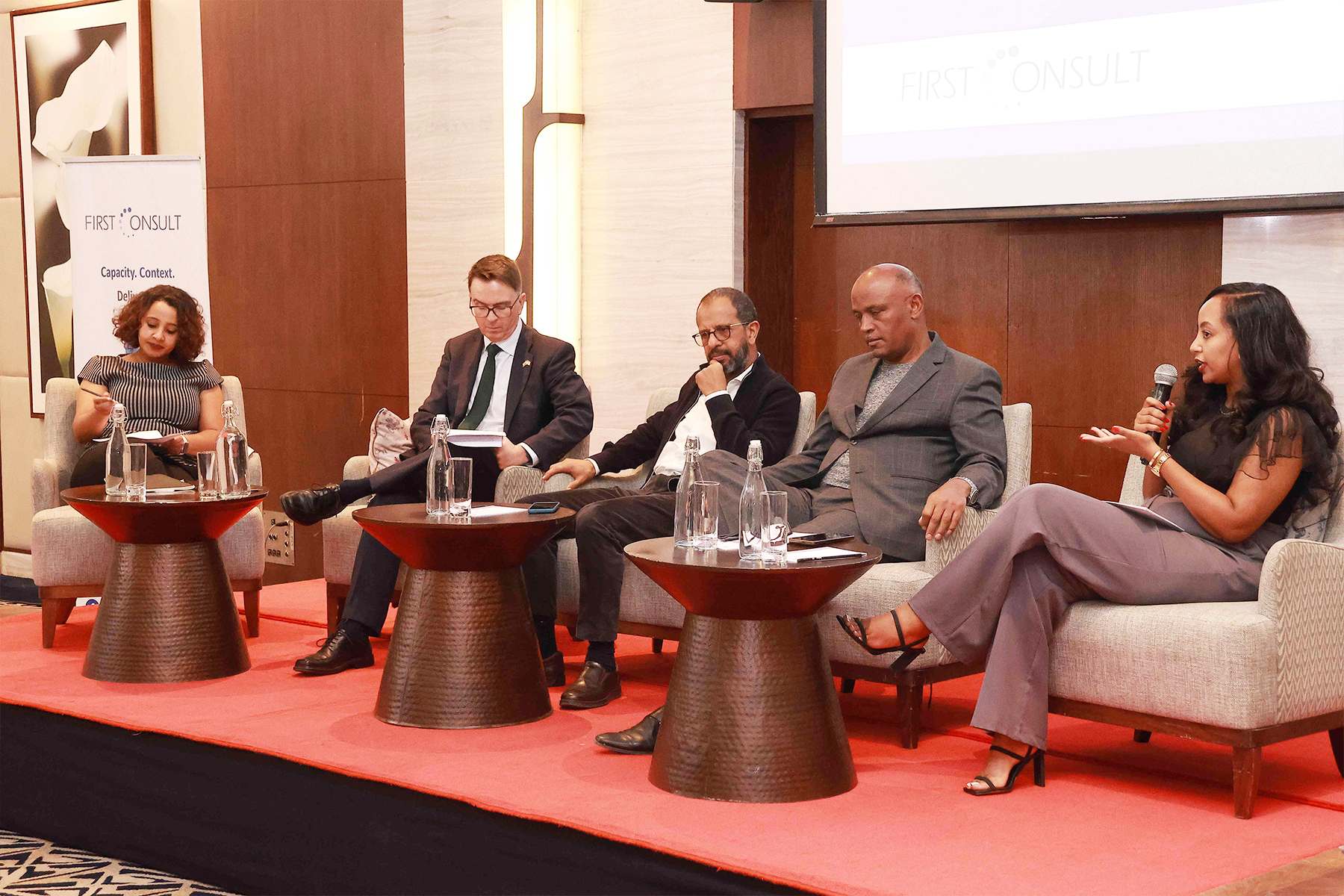
Fortune News | Apr 06,2024

Commentaries | Feb 16,2019

Radar | Jul 27,2019
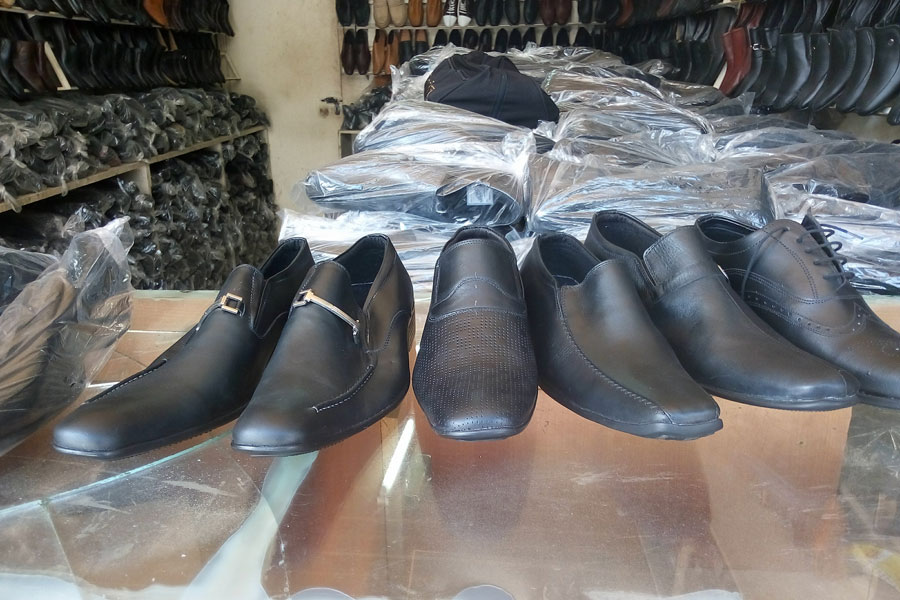
Fortune News | Jun 12,2021

Featured | Sep 10,2021

Fortune News | Mar 09,2024
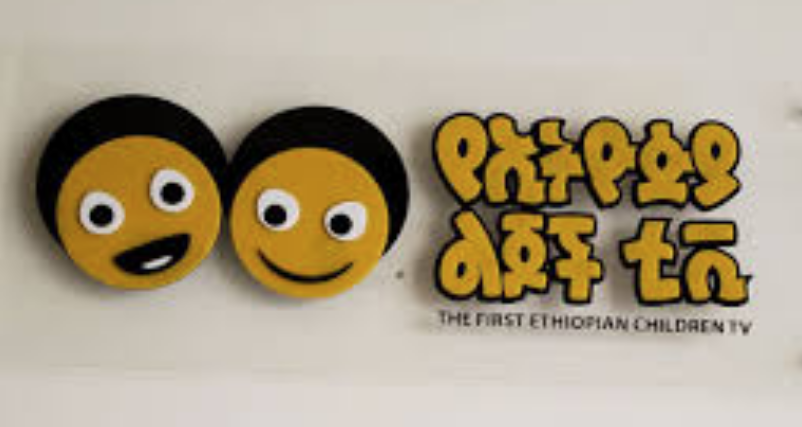
Fortune News | Jun 29,2019

Covid-19 | Sep 04,2021
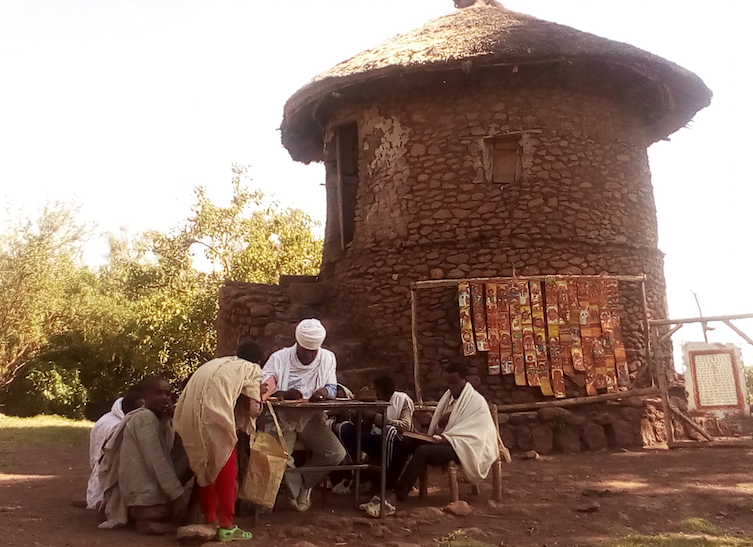
Radar | Jun 22,2019
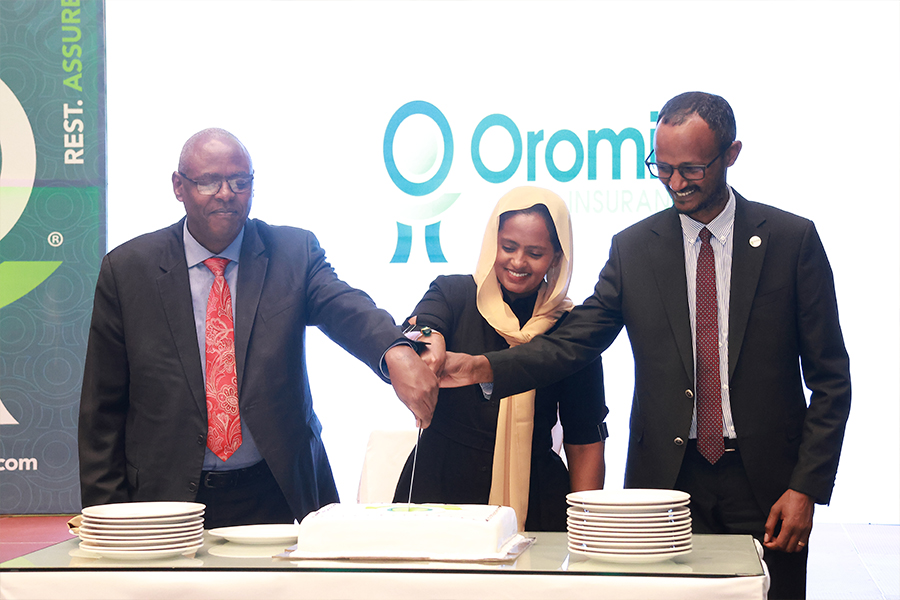
Radar | Nov 20,2023

Dec 22 , 2024 . By TIZITA SHEWAFERAW
Charged with transforming colossal state-owned enterprises into modern and competitiv...

Aug 18 , 2024 . By AKSAH ITALO
Although predictable Yonas Zerihun's job in the ride-hailing service is not immune to...

Jul 28 , 2024 . By TIZITA SHEWAFERAW
Unhabitual, perhaps too many, Samuel Gebreyohannes, 38, used to occasionally enjoy a couple of beers at breakfast. However, he recently swit...

Jul 13 , 2024 . By AKSAH ITALO
Investors who rely on tractors, trucks, and field vehicles for commuting, transporting commodities, and f...

Oct 25 , 2025
The regulatory machinery is on overdrive. In only two years, no fewer than 35 new pro...

Oct 18 , 2025
The political establishment, notably the ruling party and its top brass, has become p...

Oct 11 , 2025
Ladislas Farago, a roving Associated Press (AP) correspondent, arrived in Ethiopia in...

Oct 4 , 2025
Eyob Tekalegn (PhD) had been in the Governor's chair for only weeks when, on Septembe...